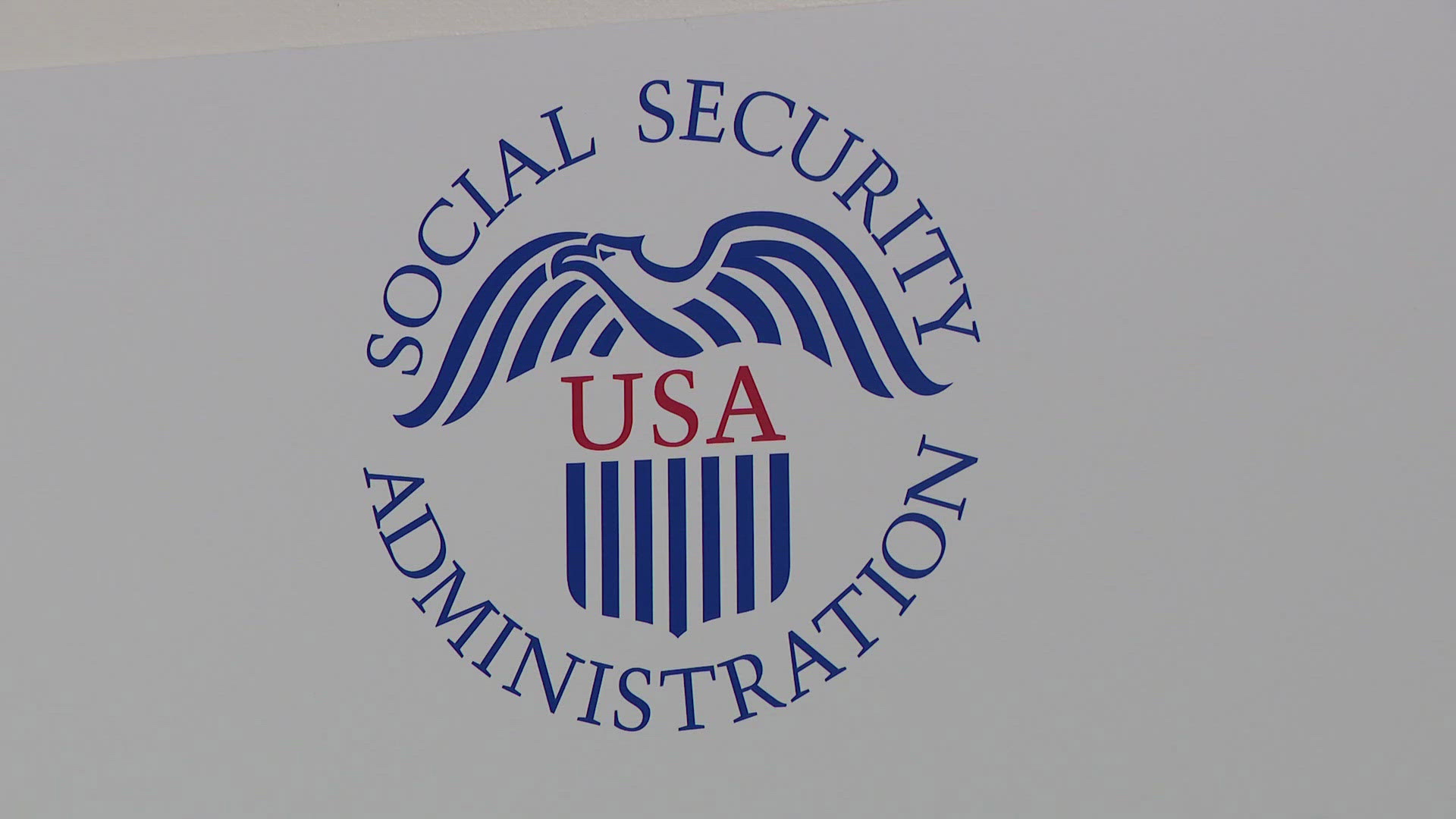Millions of Americans rely on Social Security to pay for basic needs like food, housing, and healthcare. Recently, the Social Security Administration (SSA) announced a new policy that will impact how overpayments are collected from beneficiaries. This update may bring some relief, but it also raises fresh worries about the future of the program.
SSA Reduces Overpayment Recovery Rate to 50%
Starting from April 25, 2025, the SSA will now recover only up to 50% of a person’s monthly benefit in overpayment cases. This rule applies to people receiving Title II benefits, which include retirement, disability, and survivor payments.
Earlier, the SSA had announced a much stricter plan in March that allowed the agency to take away 100% of a monthly benefit to recover extra payments. After strong public criticism, they decided to ease the rule.
While this new limit is less harsh, many people still worry because even a 50% cut can cause serious financial problems, especially for those who fully depend on their monthly benefits to survive.
Why Is the SSA Doing This?
This change is part of a larger plan by the SSA to manage its resources better. In early 2025, the agency announced that it would lay off 7,000 workers. This was done to cut costs, but many people believe it will make it harder for Americans to get help from the SSA when needed.
Along with this, the focus on collecting overpayments more aggressively has added pressure on many families. Sometimes overpayments happen because of small errors or changes that beneficiaries are not even aware of, such as a change in living arrangements or income.

What To Do If You Get an Overpayment Notice
If you receive a letter from the SSA saying you were overpaid, don’t panic, but don’t ignore it either. You have 90 days to take action. Here are your options:
Request a Reconsideration
If you believe the SSA made a mistake, you can ask for a reconsideration. This means the agency will review your case to check if you really owe that money.
Ask for a Lower Monthly Deduction
If you agree that you owe the money but cannot afford to lose 50% of your monthly benefit, you can ask the SSA to reduce the amount they deduct each month.
Apply for a Waiver
In some cases, you can ask the SSA to completely forgive the debt. You will need to show that the overpayment was not your fault and that paying it back would cause financial hardship.
If you don’t respond within 90 days, the SSA will start deducting money—up to 50% of your monthly benefit—until the debt is cleared.
Good News for SSI Beneficiaries
People who receive Supplemental Security Income (SSI) are not affected by this new rule. For them, the deduction rate remains at 10%, which helps protect those who are most financially vulnerable.
Uncertain Times Ahead for Social Security
Even with the latest update, the overall situation at the SSA remains worrying. The staff cuts and policy changes show a clear shift towards tighter control and cost-cutting. This may reduce the level of help and support people get from the agency.
Still, knowing your rights, staying updated with SSA policies, and acting quickly if you get a notice can help you stay protected. Social Security remains a critical lifeline for millions. Keeping the system fair and responsive is important not just for today’s users, but for future generations too.











Leave a Reply